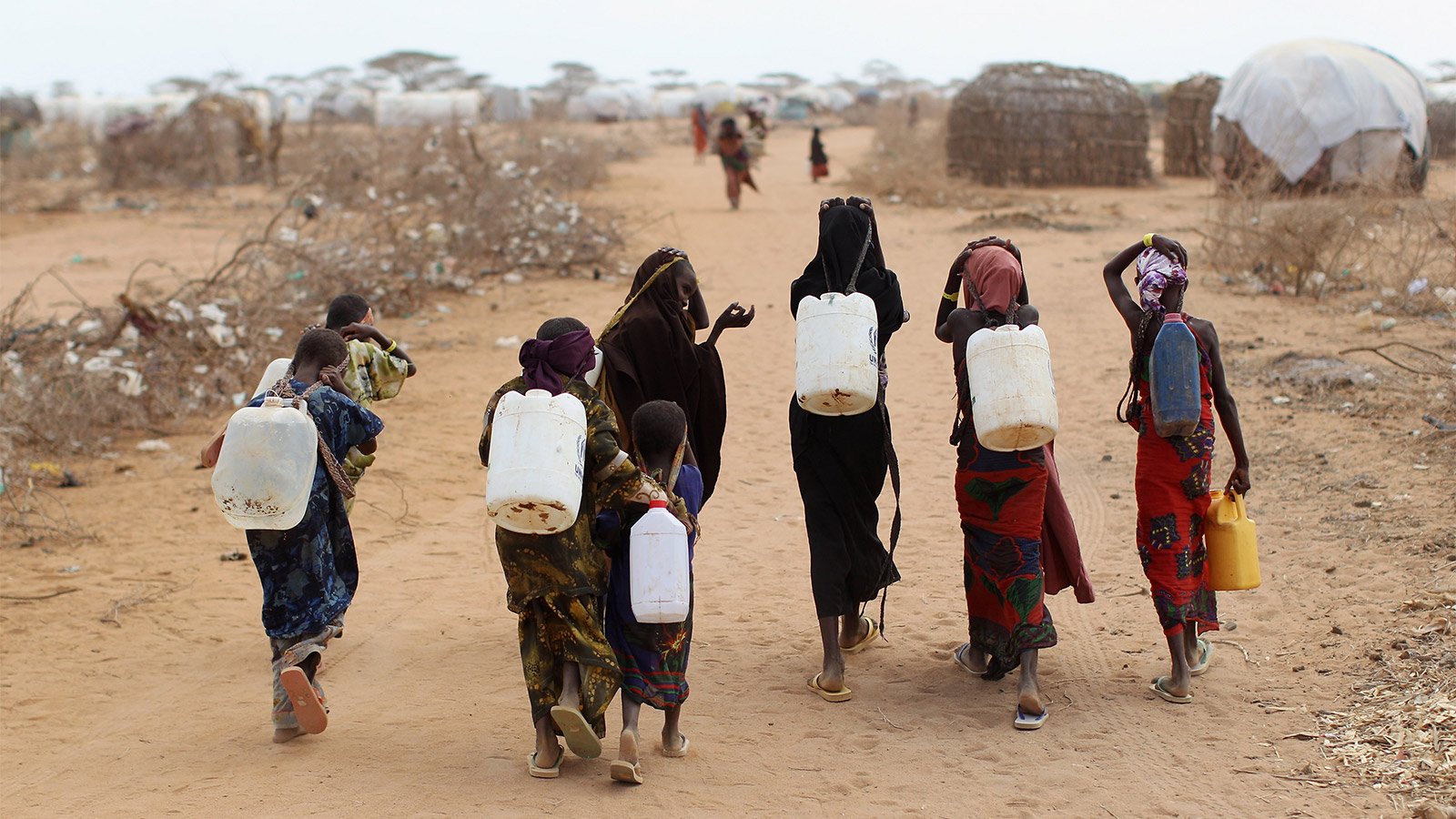Desperation Amid Crisis: Myanmar’s Poor Turn to Social Media to Sell Kidneys

In Myanmar, where poverty and political turmoil have spiraled out of control, the country’s poorest are turning to a dangerous and illegal industry: selling their kidneys. Desperate citizens are taking to social media platforms like Facebook to offer their organs in exchange for money. This bleak trend has emerged as a direct consequence of Myanmar’s deepening economic crisis, which was exacerbated by a military coup that plunged the nation further into poverty and instability.
Take the story of Maung Maung, a delivery driver from Mandalay, who found himself in dire straits after being detained and tortured by the military junta on suspicion of aiding opposition forces. After weeks of detention, Maung Maung was released but left jobless and drowning in debt. Faced with a family that hadn’t eaten in days, he took the drastic step of offering his kidney for sale on Facebook. Ultimately, he traveled to India in 2023 to complete the illegal transaction, selling his kidney for 10 million Burmese kyat ($3,079). Although Maung Maung’s kidney sale briefly alleviated his financial woes, it left him with lingering health issues and a bleak outlook on life.
Maung Maung’s case is far from isolated. A year-long investigation revealed dozens of people in Myanmar have resorted to selling their organs to survive. Organized through social media and facilitated by agents who help forge documents, sellers typically travel to India for the surgeries. Both Myanmar and India outlaw the sale of organs, but the system is often bypassed with the help of lawyers, notaries, and even officials willing to turn a blind eye.

The booming illegal organ trade is driven by both sellers and buyers who are desperate. Sellers, often impoverished, see the sale of a kidney as a last resort to escape mounting debt or to afford medical treatments for loved ones. Buyers, typically wealthier individuals, are in desperate need of organ transplants and are willing to participate in this dangerous trade.
The illegal trade flourished after Myanmar’s military coup in 2021, which sent the country’s economy into freefall. Nearly half of the country’s population now lives below the poverty line, a sharp increase from prior years. The ensuing civil unrest, coupled with widespread unemployment and rising costs of basic goods, pushed many to such extreme measures. The war also devastated Myanmar’s healthcare system, with many doctors joining resistance movements or fleeing the country.
Organ sales are illegal in both Myanmar and India, yet agents facilitate the trade by forging documents to fake familial relationships between donors and recipients. For example, Maung Maung posed as his recipient’s son-in-law to evade scrutiny from hospital authorities in India. Despite this, Myanmar’s embassy in New Delhi and local authorization committees often sign off on the transactions, knowing full well that the documents are falsified.
Though sellers can technically live with one kidney, the risks are substantial. Many, like Maung Maung, return home with lasting physical and emotional scars. Once the money from the sale runs out, they often find themselves in the same economic bind they were in before. Worse yet, the long-term health consequences of losing a kidney can be severe, leaving them with a diminished life expectancy.
For individuals like Maung Maung and April—a young woman trying to sell her kidney to support her family—the decision to sell an organ is borne out of desperation. While their stories are tragic, they highlight the broader humanitarian crisis gripping Myanmar, where the most vulnerable are forced into dangerous choices to survive.





















